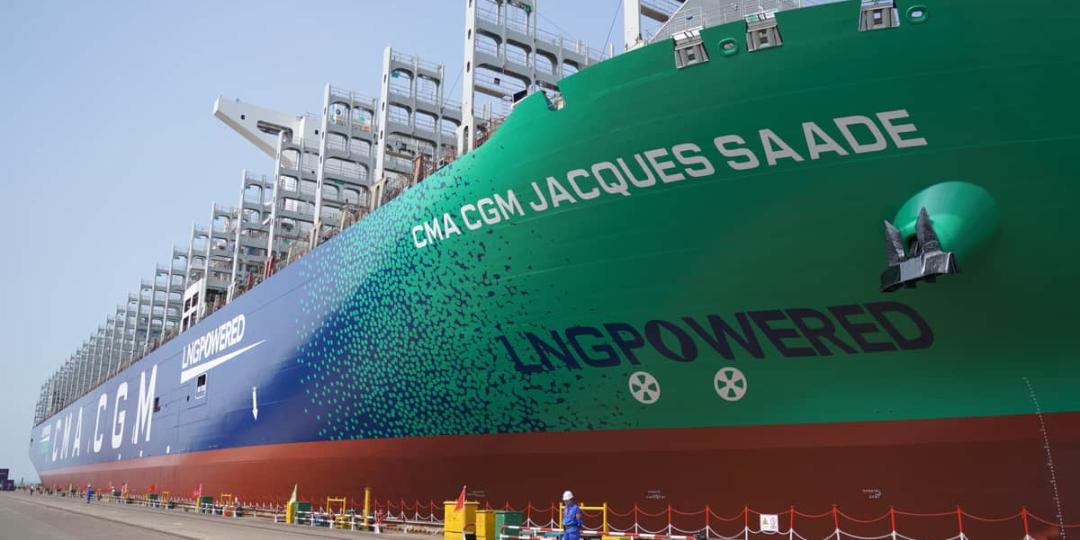Global shipping firms are working together to confront the ongoing controversy regarding methane slip from LNG-fuelled vessels.
The Methane Abatement in Maritime initiative is a technology acceleration programme established by Lloyds Register that aims to identify, accelerate and advocate technology solutions to measure and manage methane emissions, often referred to in the industry as methane slip. The programme will be led by Safetytech Accelerator.
Maran Gas Maritime, Mediterranean Shipping Company, Carnival Corporation, Seaspan, Shell, Lloyd’s Register, and Knutsen Group are partnering in the programme which will also seek the expertise of academics and civil society.
According to Maritime Executive, the shipping industry has been quick to adopt LNG as a bridging fuel to support decarbonisation due to its ability to reduce or eliminate harmful emissions such as CO2, nitrogen oxides (NOx), sulphur dioxide (Sox), and particulate matter. However, scientists, environmentalists and activists have argued against its use, saying that the release of unburnt methane far outweighs any benefits of using LNG. Unburnt methane is more harmful to the environment as it is a potent greenhouse gas that accelerates global warming.
“In establishing this new initiative, the organisers point out that ‘no globally recognised methods for measuring methane slip’ currently exist. As part of their aim to minimise the environmental impact of LNG used in shipping, their first goal is to establish a methodology of measuring the extent of the problem and developing technologies to reduce methane slip,” the publication reported.
The industry hopes that new solutions identified by the innovative initiative will help the industry to understand and manage methane emissions.
“Shipping currently lacks the information and tools they need to accurately measure the amount of methane released by LNG-fuelled ships and the extent of this impact,” said Steve Price, head of partnerships at Safetytech Accelerator, which will lead the programme. “Understanding the extent of this methane slip will allow companies, society, and policymakers to understand LNG’s real environmental impact,” he said.
Proponents of LNG use in shipping claim that new engines and technologies largely eliminate methane slip from the ships. However, environmentalists who have used infrared cameras to illustrate the extent of methane release have disagreed and raised concern that the problem will only grow as more ships adopt the fuel.
The number of vessels powered by LNG has increased consistently since 2010. According to a market analysis released by DNV this week, LNG vessels comprise the majority of in-service and on-order vessels using alternative fuels. There are estimated to be more than 900 LNG-fuelled vessels in operation and a further 500 on order.
The programme aims to define what constitutes negligible methane emissions and require the sector to meet targets. The goal is to have solutions in place by 2023.













